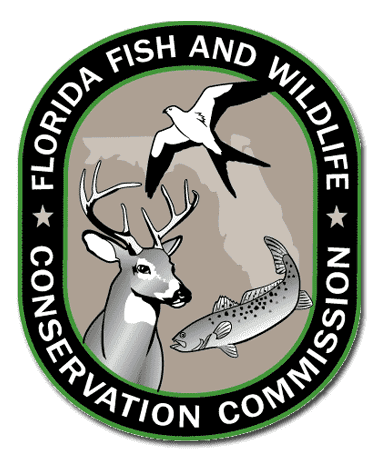Florida FWC Seeks Public Input on Panhandle Deer Management

The Florida Fish and Wildlife Conservation Commission (FWC) will host a series of public meetings in late January to help shape the future of deer management in the Florida Panhandle.
“We are working on an exciting project to establish deer management units (DMUs) throughout Florida,” said Cory Morea, FWC’s Deer Management Program coordinator. He added, “We are looking at the Panhandle first, but we are moving to a new model of deer management in the state in which hunters and other stakeholders will have a greater impact on deer management decisions.”
DMUs will divide the state into smaller geographic areas where deer population characteristics are similar. Right now, the state is divided into four management zones that are used to set hunting season dates based on deer breeding chronology. As proposed, DMUs will be smaller units within zones and allow the FWC to manage deer on a more local level based on the preferences of hunters, farmers and other interested stakeholders.
Two DMUs are proposed for Zone D, which encompasses much of the Florida Panhandle region (western portions of Gadsden, Leon and Wakulla counties and all counties west of them). One unit would cover the area south of Interstate 10 and the other north of I-10.
The new DMUs are intended to allow the FWC more flexibility with deer management based upon the deer population, habitat conditions and public preference within each of the units.
“We surveyed hunters, farmers and other members of the general public to determine attitudes and opinions regarding deer management, and we will be sharing the results of that survey at the public meetings. We will also present information on the DMU model and will be gathering public input on deer management preferences,” said Morea.
For people who cannot attend any of the meetings, there will be other opportunities to learn about this project and provide input.
“We have information on our website and we will be accepting comments online,” said Morea, adding that public input will determine what changes may be made and that “no changes” is an option. “This project is about managing deer based on public preference.
“Of course, we wouldn’t do anything to risk the sustainability of this valuable public resource, but deer densities and other deer management preferences, such as antler regulations, can be better suited to public preferences using the DMU model.”
A technical assistance group (TAG), composed of members of the public, will be established to review all available public comments and make recommendations to the FWC on the two DMUs within Zone D. The public meetings and the TAG will be facilitated by a third-party vendor, Normandeau Associates, which will develop a summary report to the FWC.
Up to 25 TAG members will be chosen based upon their expertise, their representation of an important interest group and their willingness to dedicate some time to better deer management in Zone D. Anyone interested will be able to apply for TAG membership at the public meetings or on the FWC’s website.
More information about the proposed DMUs, the Technical Assistance Group and a meeting agenda is available online at MyFWC.com/Hunting; click on “By Species,” “Deer” and then “DMUs.”
Times and Locations:
- Jan. 29, 6:30 – 8:30 p.m. CST at the Jackson County Agricultural Conference Center, 2741 Pennsylvania Ave., Marianna, FL 32448;
- Jan. 30, 6:30 – 8:30 p.m. EST at the Burns Building Auditorium, Florida Department of Transportation, 605 Suwannee St., Tallahassee, FL 32399;
- Jan. 31, 6:30 – 8:30 p.m. CST at the University of West Florida, Commons Auditorium, 11000 University Parkway, Pensacola, FL 32514.

